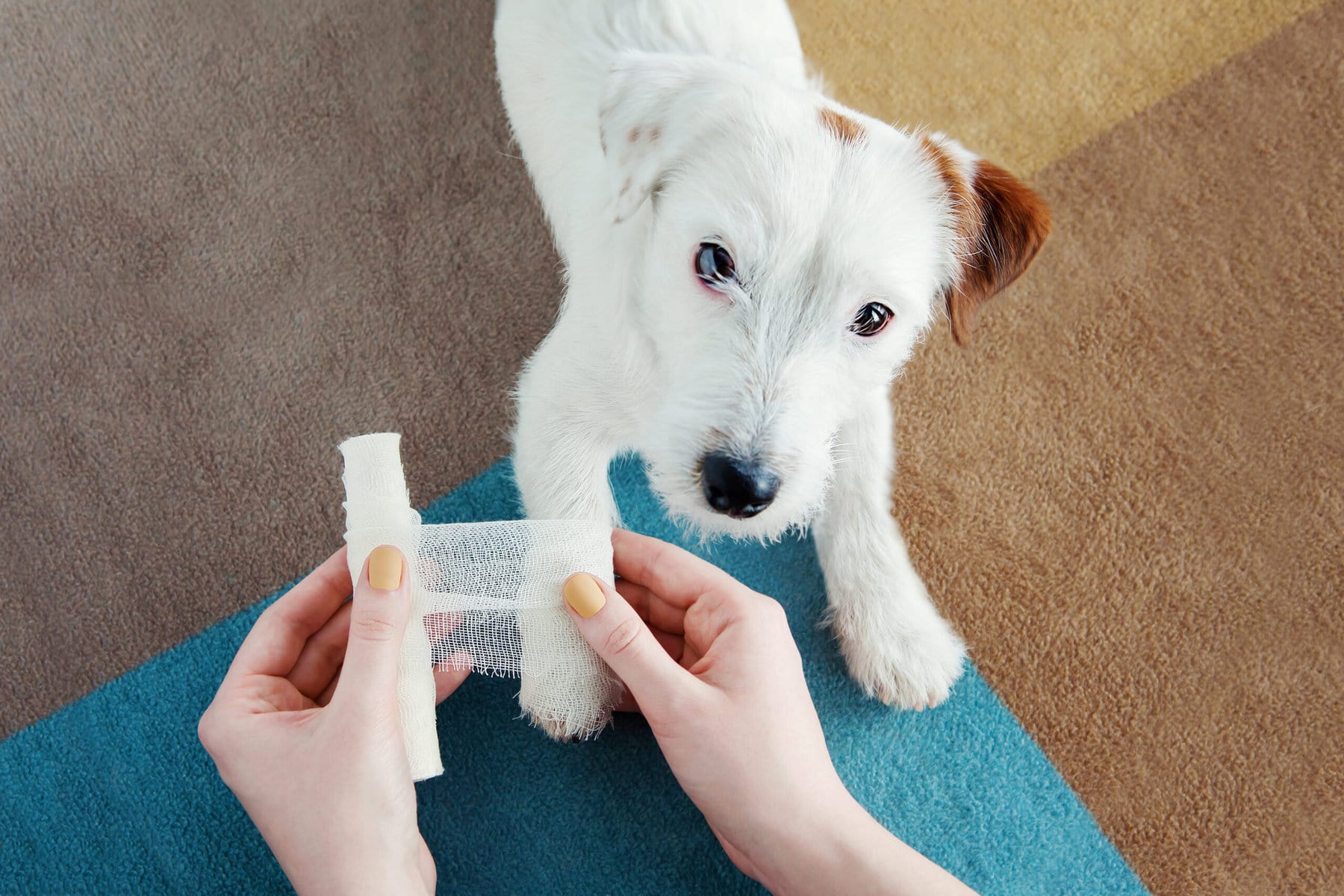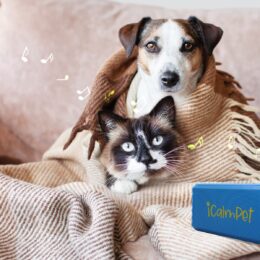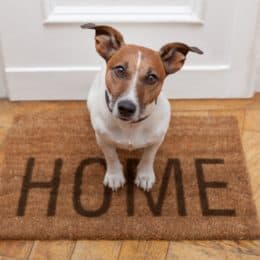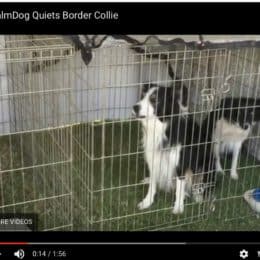Your cart is empty

.Since April is National Pet First Aid Awareness Month, we thought this would be a great opportunity to provide you with 5 Pet First-Aid Tips for Your Household:
1. Pet First-Aid Kit
Just like having a first-aid kit for people, having a kit packed full of must haves for your pets wellness can really come in handy when in a pinch. To help you construct your vet own pet first-aid kit we have come up with a shopping list to help you gather all the items you may need for most scenarios:
- Large bright container
- Hydrogen peroxide
- Antibiotic ointment
- Disposable gloves
- Adhesive tape
- Scissors
- Non-stick bandages/wrap
- Absorbent gauze pads
- Saline solution
- Instant cold pack
- Towels and a blanket
- Digital thermometer
- Styptic powder
- Muzzle
2. Stay Calm
We know that when your pet is hurt or ill is an extremely stressful experience, however it is incredibly important to stay as calm as possible. Animals easily become more stressed and aggravated if their human is upset. Remember to take deep breaths and calm yourself down. Speak with a normal tone of voice and refrain from yelling. A pet’s injury or illness is a time where they need you the most; be their champion.
3. Be Extra Gentle
When animals are hurt or sick, their first instinct is to protect the area that is causing them pain. Keep in mind that even the most well behaved pet may bite or scratch in defense of an area that is causing them pain or discomfort. So, when handling your pet during these instances, it is extremely important to be as gentle as possible.
4. Consult Your Veterinarian
Where it is completely understandable to want to handle some minor injuries at home on your own (a simple scratch or a claw clipped too short), it is critical to consult your veterinarian for all injuries and illnesses. A laceration longer than one centimeter or a bite from another animal should be treated by your veterinarian to ensure that no infections occur, or that internal damage didn’t occur. If your pet is limping, vomiting, or experiencing diarrhea it is critical that you consult your veterinarian and seek medical advice.
5. Keep Important Information Up-to-Date and Easily Accessible
Being prepared is key to navigating a pet injury or illness. That being said, ensure that all of your pet’s vaccinations and license are up-to-date and in a file that can be easily accessed. It is also important to compile a list of phone numbers that you may need in an emergency. Two vital numbers that we believe should be in your contacts are ASPCA Poison Control Hotline (888)426-4435 and Pet Poison Helpline (855)764-7661. Another handy resource we recommend is The Red Cross Pet First Aid app. This app not only offers an animal hospital locator, but also provides step by step instructions and videos for several common pet emergencies.
By knowing these 5 Pet First-Aid Tips for Your Household, you will be prepared for most instances of emergency that come your way. Remember, accidents happen no matter how much you protect and love your pets. Stay calm and be prepared all year, not just for National Pet First Aid Awareness Month.
In the unfortunate event that you would have to drive your pet to the vet, try our In The Car album for maximum de stressing.





